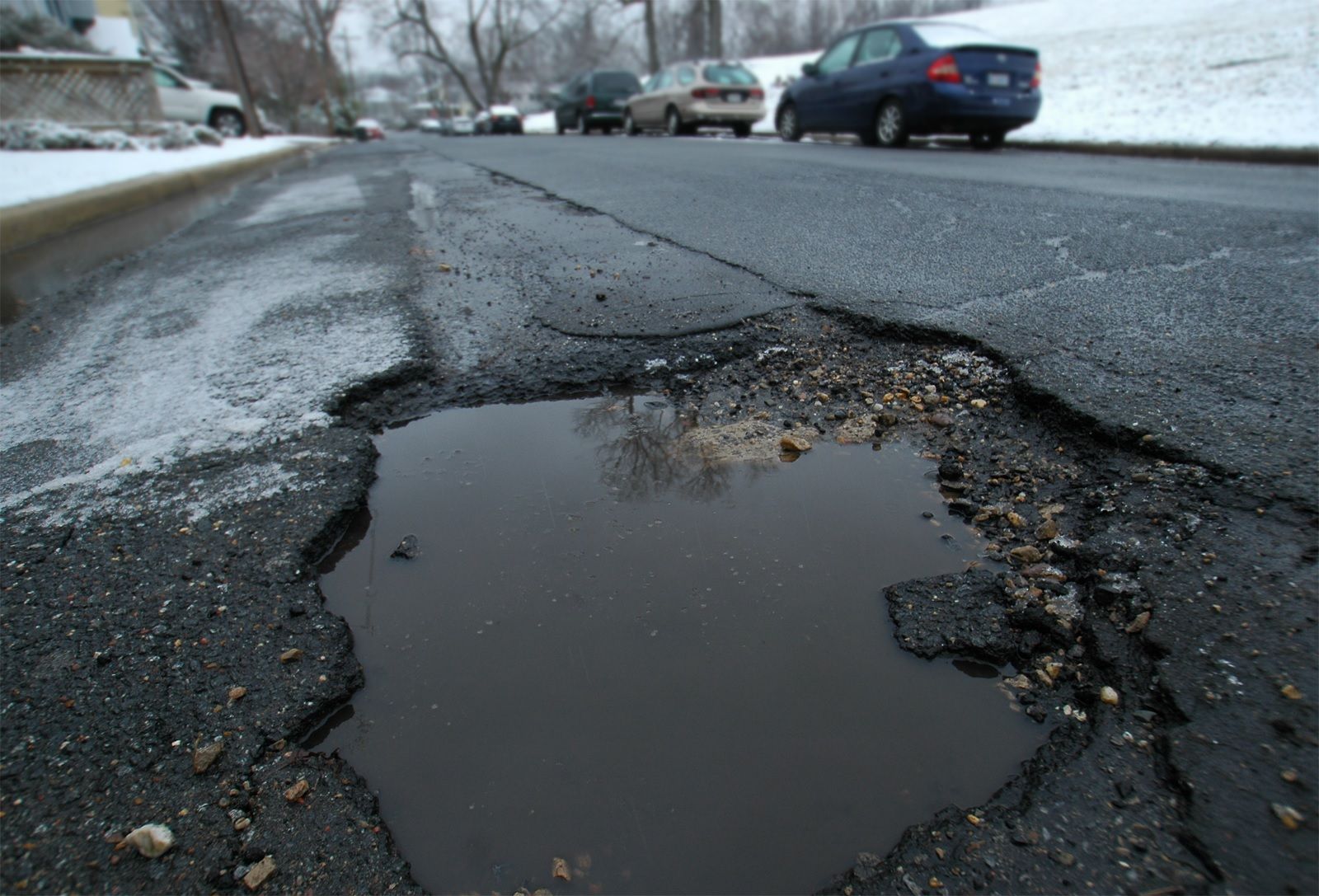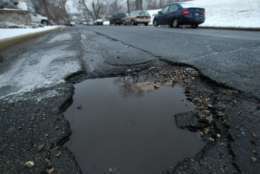



WASHINGTON — Local experts are moving ahead with plans for the region to comply with federal rules aimed at helping the nation get a grip on everything from potholes and bridge repairs to greenhouse gas emissions.
“We’re taking on board this new process that’s being implemented across the nation,” said Eric Randall, principal transportation engineer at the Metropolitan Washington Council of Governments. “We have 26 performance measures which we have to report on.”
The MAP-21 and Fast Act rules require states, regional entities and providers of public transportation to collect and track data related to highway and transit issues, such as safety, infrastructure condition, system reliability and environmental sustainability.
“This is all a way of tracking the performance of our dollars,” Randall said. “Seeing what bang we’re getting for the federal buck.”
The scientific data recorded and tracked over time will also help transportation planners determine where money should get spent.
“Tie our decisions back to observable, data-driven performance,” Randall said. “Decisions based not just on what they feel or what they know, or who has the loudest voice.”
Randall discussed the requirements and the progress in meeting them during Wednesday’s meeting of the National Capital Region Transportation Planning Board.
Work is underway to create targets related to pavement and bridges. Highway safety targets were approved last month; transit targets were approved last June; and numbers of new targets for additional categories will be defined over the summer, Randall said.
All 26 of the measured categories will become part of the region’s Visualize 2045: Long Range Transportation Plan, which is expected to be approved in October.







